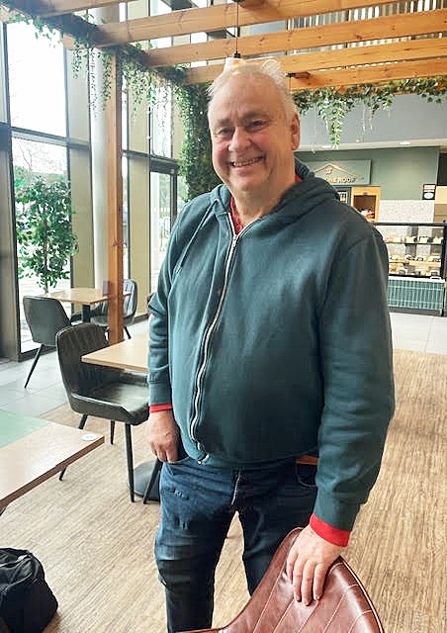New research revealed to day at the Royal College of Psychiatrists’ International Conference shows significant inflammation in the post-mortem brains of schizophrenia patients, further establishing the role of the immune system in the development of this often debilitating mental illness.
Previous studies have suggested that alterations in the immune system are present in those who go on to develop schizophrenia – a complex brain disorder that can cause hallucinations, unusual beliefs (delusions), disorganised thinking, a lack of motivation and cognitive dysfunction.
Building on this research, Professor Iris Sommer and her team from UMC Utrecht in the Netherlands, analysed the results of post-mortem studies on 665 patients with schizophrenia and 628 normal brains. They discovered significant evidence of neuro-inflammation in the brains of the schizophrenia patients compared to the control group. Increases in cells called microglia were detected in the schizophrenia brains. These cells act as the first and main form of active immune defence in the central nervous system (CNS), so an increase in number can mean an increased level of inflammation.
This could potentially herald new approaches to treating the disease with immune-modulating drugs or even drugs similar to the non-steroidal anti-inflammatories (NSAIDs) such as aspirin that we use to treat headaches.
These drugs reduce the production of toxic, pro-inflammatory mediators that cause the damage to cells and tissues affected by inflammation.
A recent study does show that aspirin can bring about a mild improvement in patients with schizophrenia when administered as additional therapy.
Professor Sommers’ work opens up even more possibilities for threating an age-old problem with drugs that have already been developed and tested for safety.
She said: “We are just beginning to understand the fundamental role of the immune system in many psychiatric disorders. I see this as a great opportunity for new interventions, not only with anti-inflammatory medication, but also by focusing on the function of the gut, sleep and relaxation, infection and use of antibiotics.”
Professor Sommer is presenting her work in the psychopharmacology session (S10) at the Royal College of Psychiatrists’ International Conference at the ICC, in Birmingham.
















